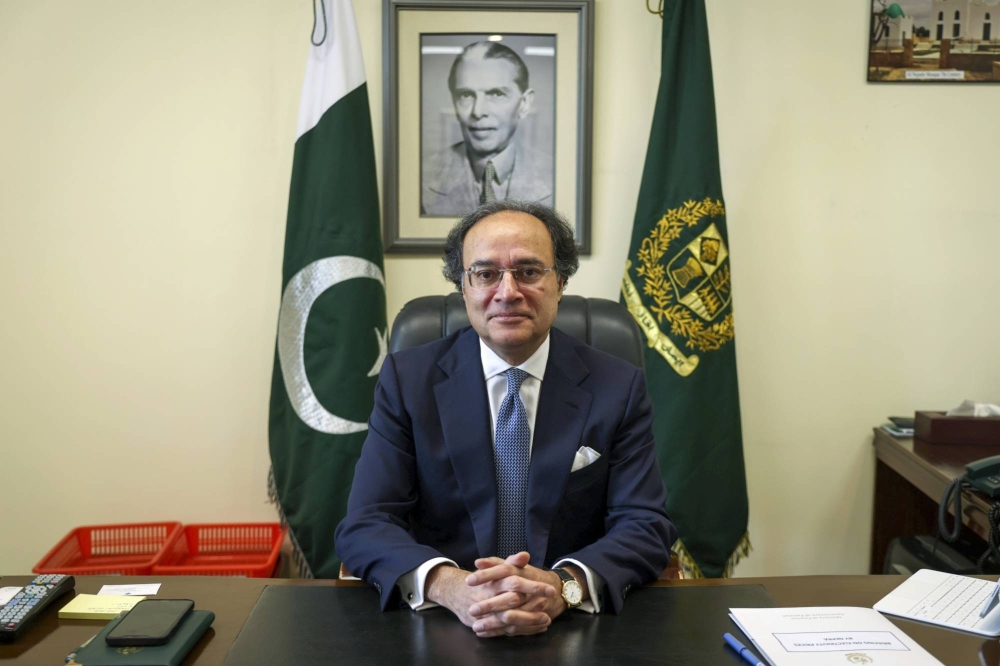Pakistan’s Minister for Finance, Muhammad Aurangzeb, has issued a stark warning that the country’s upcoming IMF bailout “will not be our last” if the government fails to significantly boost tax revenue. Aurangzeb underlined the urgency of the situation, stating, “We do not have five years for our programme… we have to start showing, start delivering, in the next two to three months.” This urgency underscores the gravity of the situation and the need for immediate action.
Aurangzeb expressed relative confidence in reaching a staff-level agreement with the IMF on a loan, but emphasized that this will not be the final fund programme if tax revenues do not increase. Pakistan narrowly avoided default last year with the help of a $3 billion IMF emergency loan, which has since expired. The government has proposed a tax-heavy budget to address these challenges, aiming to raise Rs13 trillion ($46.6 billion) by next July to reduce the debilitating debt burden. This proposed budget, laden with taxes, highlights the weight of the financial burden on the country.
The budget entails tax increases, primarily targeting salaried workers and some retail and export businesses. Furthermore, punitive measures for income tax avoiders have been proposed, including restrictions on mobile phones, gas and electricity access, and the ability to travel abroad. Aurangzeb, a seasoned banker with extensive international experience, has been tasked with steering Pakistan’s troubled economy.
Pl watch the video and subscribe to the YouTube channel of republicpolicy.com
While there are some positive indicators such as easing inflation and increased central bank reserves, long-term economic sustainability remains a significant challenge. Pakistan’s mounting debt, reliance on imports, and the need to create capacity for loan repayments are pressing issues that need to be addressed urgently.
In addition to seeking IMF assistance, Pakistan is actively pursuing investments from Gulf nations and China. However, there are concerns about corruption at the Federal Board of Revenue, which has been a deterrent for taxpayers and investors. Despite acknowledging the challenges, Aurangzeb emphasized his empathy for the public and his commitment to driving economic reforms.
The budget has faced criticism from various political quarters, adding to the complexity of the economic and political landscape. It’s clear that Pakistan’s economic recovery and fiscal stability will require substantial and sustained efforts from both the government and the international community. This stress on the need for continuous and significant efforts underscores the enormity of the task at hand.
















